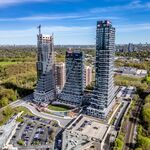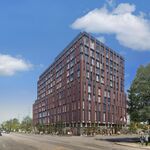W. K. Lis
Superstar
Yeah, but that's why there's the GO bus between York and SCC so a trip between Malvern and York by transit need only take around 70 minutes (if you factor in wait times). It's also a good argument for the completion of the Sheppard subway...
Province of Ontario, 2008 budget:
http://www.fin.gov.on.ca/en/budget/ontariobudgets/2008/bk4.html
- $2.5 billion for roads and highways
vs.
- $1 billion for transit
That's almost 30% for transit right there, so your use of US examples doesn't make much sense.
Is Canada really like the US? The fact that Mississauga Transit alone has higher ridership than the entire Pace system should mean something, shouldn't it?
Canadians are actually 2.5 times more likely to use transit than US Americans, and there are good reasons for that...
From 1956? Yes, I would have to agree for nowdays, but we still need to catch up to make up the totals.




